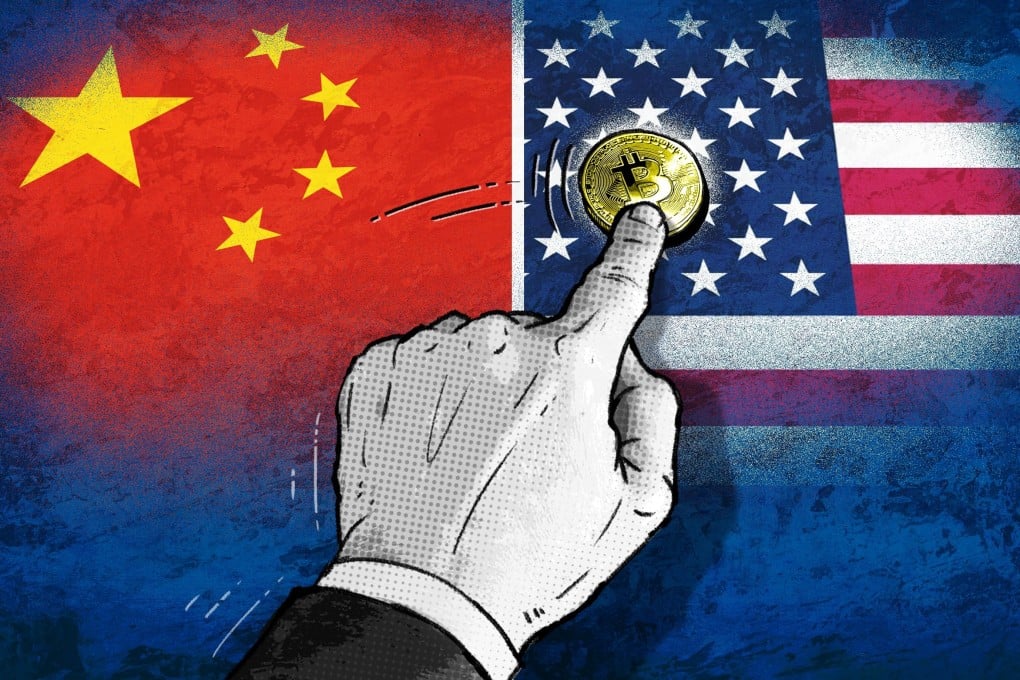Bitcoin was once dominated by China, but the Trump bump is shifting momentum to US
As the world’s factory, China cornered the market on bitcoin mining, leading to a flurry of crypto business activity before a harsh crackdown in 2021

In August 2012, a young Chinese entrepreneur posted to the online forum BitcoinTalk that he was selling shares in a company that would make hardware with chips dedicated to mining bitcoin and pay out dividends based on its earnings.
Jiang Xinyu, known as Friedcat on the forum, was one of the first people in the world to promote such an idea through his company ASICMiner, which used the acronym for application-specific integrated circuits. Eventually, there were accusations of fraud when people alleged they did not get their payments or equipment, the company went bust and Jiang disappeared in 2015.
The idea lived on, though, and the bitcoin mining business boomed in China, a product of the country being the “world’s factory”. This was when the idea of bitcoin started to take hold in China, as it became the dominant producer not only of the mining equipment, but also of bitcoin itself thanks to the country’s cheap electricity.
“The idea of decentralised money never really got a lot of traction in China,” said Leonhard Weese, co-founder of the Bitcoin Association of Hong Kong who now serves as technical content lead of Lightning Labs in Vancouver. “But the idea of decentralised crowdfunding and start-ups was very attractive in China. I think people in China were just much more interested in gambling on future start-ups than speculating on what the money of the future looks like.”
The Chinese government has built up a draconian regulatory system over the past decade to root out bitcoin trading and mining in the country, regarding the digital currency as a threat to the country’s financial stability. Meanwhile, Trump ran on a crypto-friendly platform, attracting both the wider crypto industry and the bitcoin true believers who see the digital asset as the future of money. On the campaign trail, Trump promised, among other things, to create a “strategic bitcoin reserve”.
